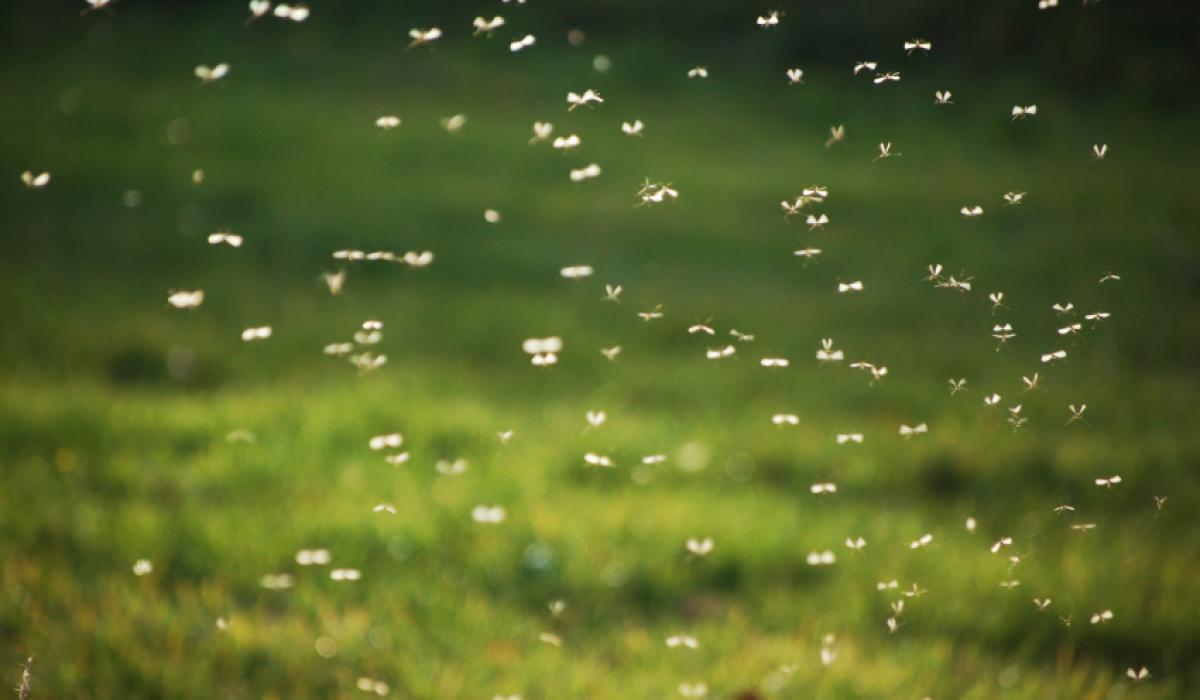
Ian Crandall
University of Toronto
Malaria has been shaping mankind throughout our recorded history; however many aspects of how humans and malaria parasites have co-evolved and continue to interact remain poorly understood.
Disease primarily results from the asexual blood stage of the malaria parasite, as it produces a strong cytokine response and varying degrees of inflammation. Continuous exposure to malaria can lead to tolerance of the presence of the parasite, and suppression of disease; however it does not lead to sterile immunity or long-term protection in the absence of constant challenge by re-infection.
These features put children and travellers at the greatest risk of dying; however malaria also has a major impact on pregnant women.
The purpose of this presentation will be to highlight the life cycle of the malaria parasite, examine how the parasite interacts with our immune system, examine how various potential drug targets can be used to control malaria, and finally to examine how eradication or control programs can have unintended results.
